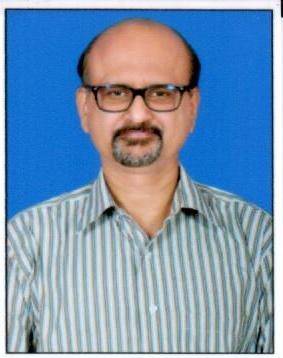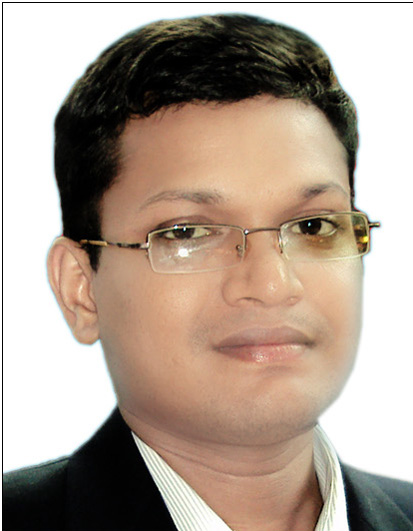Welcome to Poverty Alleviation Research Centre
Poverty Alleviation Research Centre (PARC) is an interdisciplinary research center dedicated to understanding the causes of poverty and its alleviation. It is a first of its kind at NITR that brings diverse and inter-disciplinary subjects – development economics, mathematics, computer science and public policy to understand, analyze and address poverty in our societies.
Mission
- Play an instrumental role in identifying and eradicating poverty
What we do
We believe that poverty is the enemy of humanity. Once a generation of a family becomes poor, it often triggers the slide of future generations into chronic poverty. Fortunately, the intersection of development economics, mathematics, and computer science are enabling us to look at the poverty trends from the prism of data and science. Applying modern computational techniques such as Artificial Intelligence including deep learning and machine learning, vast volumes of historical poverty data can be analyzed to understand not only signs of poverty but to detect such signs early.
Our work will initially involve establishing comprehensive research capabilities across multiple disciplines and leverage some of the world’s best practices to understand poverty and inequality.
- This challenging research is of first of its kind in the institute, in particular, to apply deep mathematical and evidence/AI-based research on issues having an impact on poverty and consequential effect on society utilizing the expertise of social sciences.
- Development economics as well as Artificial Intelligence are the backbones to understand the targeted poverty alleviation models.
- As contemporary research suggests, acute poverty is a social problem that evidence-based research can address. The mathematical rigor to model acute poverty its genesis, evolution and the cycle dragging generations of families and communities into it has started showing blind-spots in detecting trends of poverty early.
- Such insights can help policymakers and administration officials to act and address specific issues and problems.
- The ability to model massive volumes of data using advanced technologies and modeling techniques have empowered scientists to detect very granular behaviours.
- Why a certain segment of students in a particular district have higher school drop-out rates than others do?
- Why a certain medical intervention works for certain segments than it does on others etc.
Patron
PARC has been established with a generous pledge from Mr. Venkata Narasimham Peri, an alumnus of NITR (MCA, ’91). Venkat grew up in Jeypore in the Koraput district of Odisha that became home to 3 prior generations of his family. A passionate believer in the power of early detection, Venkat studied developmental economics and poverty in particular extensively both as a student at the LSE and as a policy expert. He fundamentally believes that Poverty is a problem of science that requires deeper understanding especially around its genesis and evolution. Driven by a strong desire to contribute to alleviate chronic poverty in Koraput, Venkat established the PARC at NITR as an inter-disciplinary centre with focus on research and policy intervention.
Chairman

Chief Patron

Members






